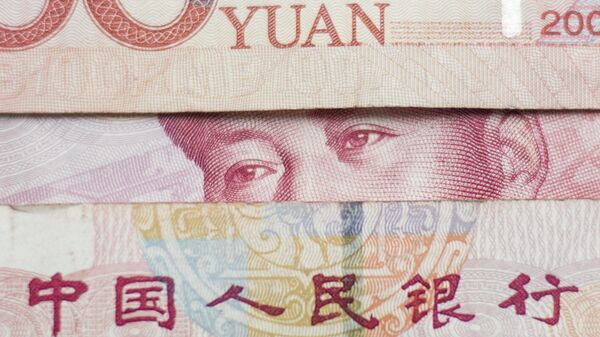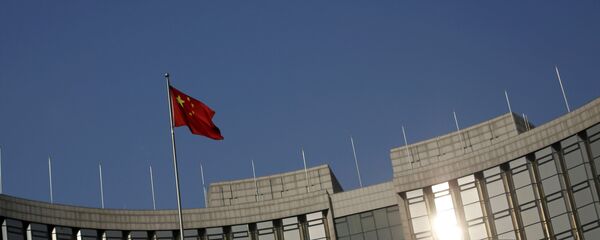Historic Moment
Chinese Deputy Finance Minister Zhu Guangyao said Friday that the government will lift limits on foreign ownership stakes in securities, fund managers and futures companies from the current 49 percent to 51 percent and end restrictions after three years.
"In other words, foreign owners can have full ownership of such companies" after three to five years, Zhu told journalists, although without saying exactly when the move would take effect.
The Chinese media outlet Caixin reported, citing a source familiar with the matter, that a final regulative document will be jointly prepared and issued by nine state institutions, including the People’s Bank of China, the Banking Regulatory Commission, the stock market regulator and the National Development and Reform Commission.
Western analysts have praised the initiative that came a day after US President Donald Trump’s visit to China. During the visit, Trump called on his Chinese counterpart Xi Jinping to allow American companies greater access to the Chinese market.
Longtime Plan
Some analysts describe the liberalization as a significant diplomatic achievement by the Trump administration, a quite disputable assumption though. Such measures usually take a long time to roll out. Beijing has been preparing those measures for many years, according to Xu Feibiao, a research fellow with the Institute for World Economy of the Chinese Academy of Modern International Relations.
"The Chinese government pays much attention to financial stability, and this is why over the past two years, there have been a series of restricting measures concerning shadow banking, off-balance-sheet transactions and financial markets. In fact, the need for reforms and greater financial liberalization was already discussed at the previous party congress. During this year’s congress, the Chinese president underscored the importance of reforms and called for making the financial sector more open," Xu said in an interview with Sputnik China.
Pointing out China’s increasing global economic and financial role, the analyst added that China could no longer remain isolated from the rest of the world.
READ MORE: Yuan's Growing International Status 'Not Under Threat' From Dip in Transactions
The recently announced measures seem to be one of the biggest concessions by China since the country entered the World Trade Organization (WTO) in 2001. The economic liberalization required by WTO rules had weakened the positions of its domestic companies. In response, the government used different restrictive measures against foreign investment and capped the participation of foreign capital as a protective measure.
China's Interest is More Than Just Investment
The problem, however, is that China now needs foreign capital injected into its financial sector amid growing systemic risks in the economy. In 2017, China’s total debt level surpassed 256 percent of GDP, including 170 percent in corporate debt. The reason is that for the past two decades, and especially after the 2008 crisis, the Chinese economy has been growing mostly on corporate loans, resulting in a higher risk of default.
The government sees that the problem as systemic and last year announced a plan to decrease the corporate loan burden and tighten control over lending. The program was not successful though. As a result, banks dramatically expanded borrowing by issuing securities.
According to Julian Evans-Pritchard, China economist at Capital Economics, the new measures are expected to reach several goals: adopting foreign experience, stabilizing the financial market and dealing with excessive leverage.
"A bit more openness for foreign capital would not be a problem for the Chinese regulators. At the same time, they will have international knowledge and experience. The government also expects that competition will be useful and can help stabilize the financial system," Evans-Pritchard told Sputnik China.
In fact, the share of Chinese banking assets held by foreign banks has been declining. As of the end of 2016, it was only 1.26 percent, a record low since the beginning of 2006, and their profit reached less than 1 percent of what Chinese banks earned. Foreign investors would likely rather turn to less-regulated broker companies, investment funds and insurance companies.
Analysts suggest that such cooperation could therefore be advantageous both for the Chinese government and foreign companies. Broker companies, investment funds and insurance companies are often used in China to bypass regulations in the banking field. With an increased participation of foreign capital, these sectors are expected to become more transparent and better regulated. At the same time, foreign companies are expected to increase their share in the Chinese market, which would contribute to further market liberalization in China.




